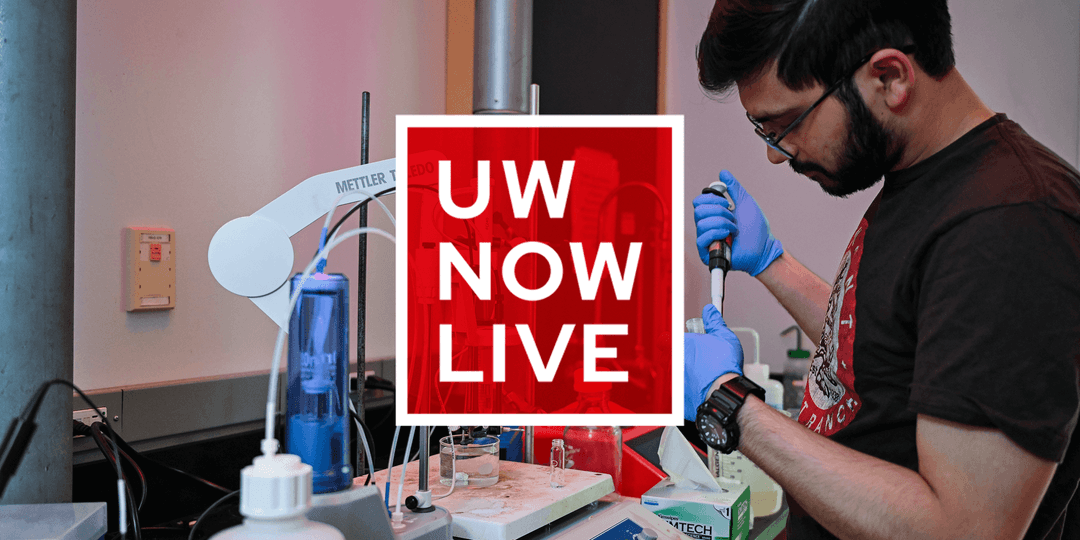Earlier this year, the Centers for Disease Control discovered that the H5N1 virus — or avian influenza — had infected dairy cattle. In the months since, it has been found in dozens of herds in several states. Virologists believe that the virus may be transmitted through milk. But this ought not lead to a widespread outbreak of H5N1 infections among people. According to John Lucey, the UW’s Owen R. Fennema Professor of Food Chemistry and director of the Center for Dairy Research, the dairy industry has a century-old tool that can control the virus: pasteurization.
Lucey has a long history of dairy expertise. As a PhD student in Ireland, he helped invent Dubliner cheese, and he’s been on the UW faculty for 25 years. At the Center for Dairy Research, he helps connect farmers and dairy industry leaders with the latest in research and science.
On June 18, he will join the UW Now Livestream to discuss the virus, dairy, and food safety.
My Chief Areas of Research Are:
I study the properties and functionality of dairy proteins, cheese texture, and dairy chemistry.
Tonight on The UW Now Livestream, I’ll Discuss:
I will focus on concerns about active virus in raw milk, what pasteurization is, and initial studies on the effectiveness of pasteurization to inactivate the [H5N1] virus.
The Main Thing I Want Viewers to Remember Is:
Pasteurization [is effective against] pathogens that can sicken consumers, and fortunately pasteurization appears to also inactivate the H5N1 virus.
To Get Smart Fast, See:
The CDC’s resource on the safety of raw milk.
This is UW–Madison’s first study on the impact of thermal processing on inactivation of this virus.



